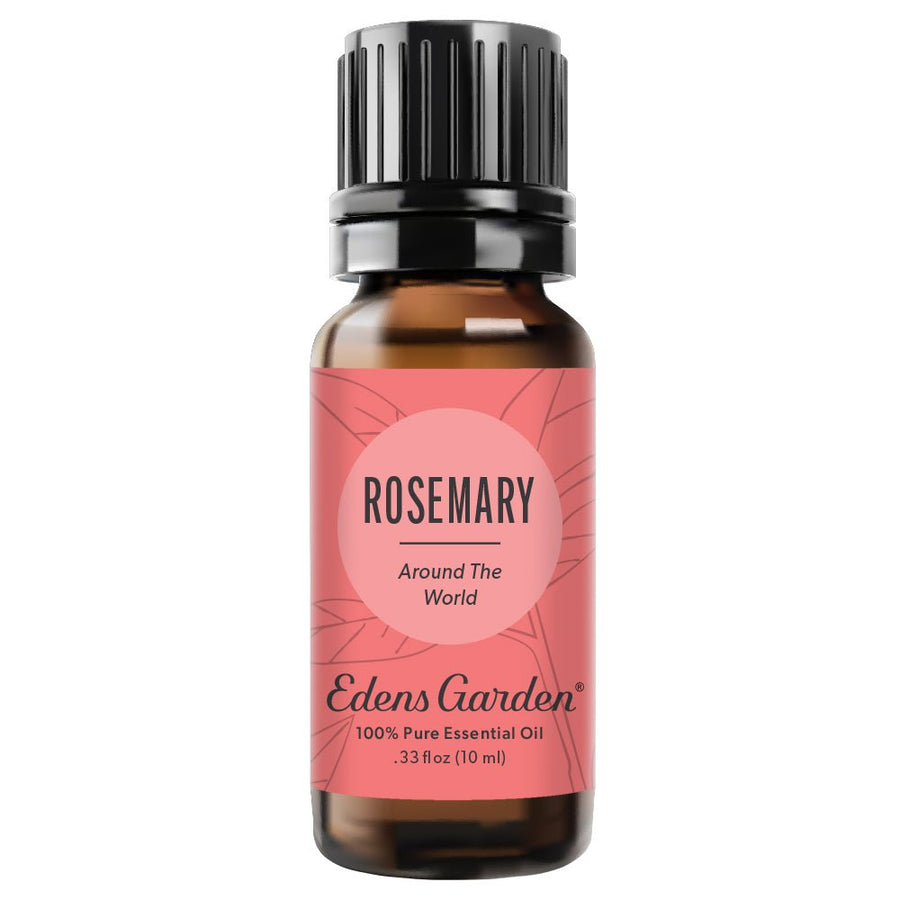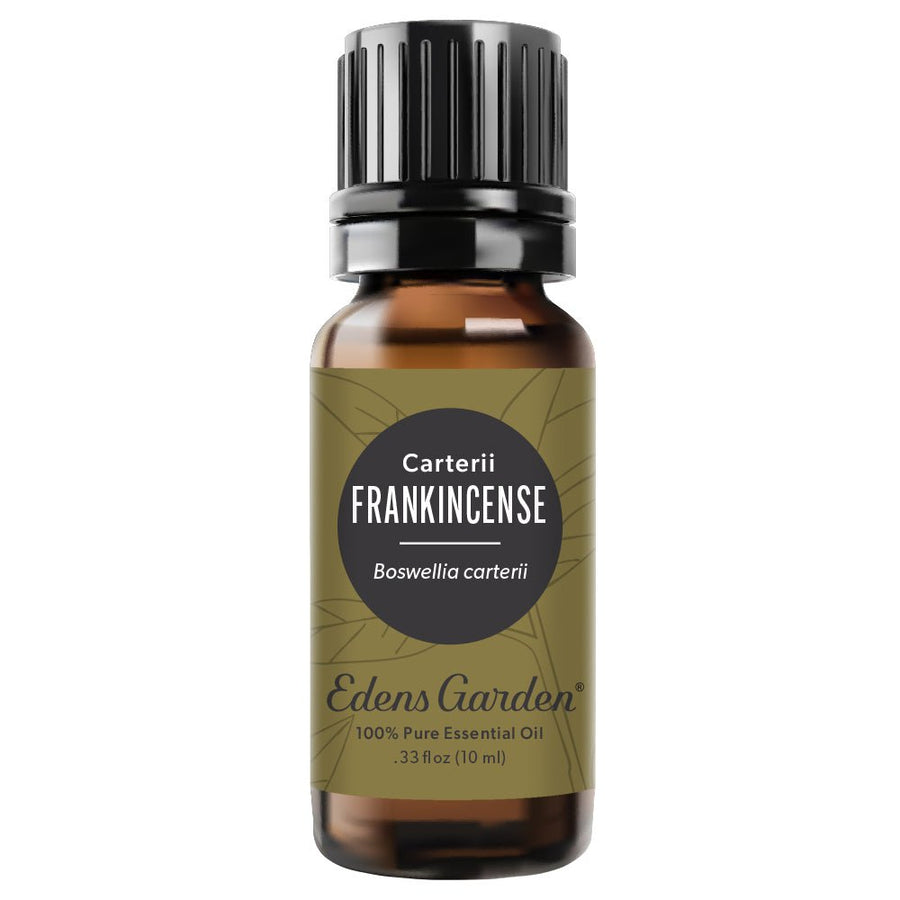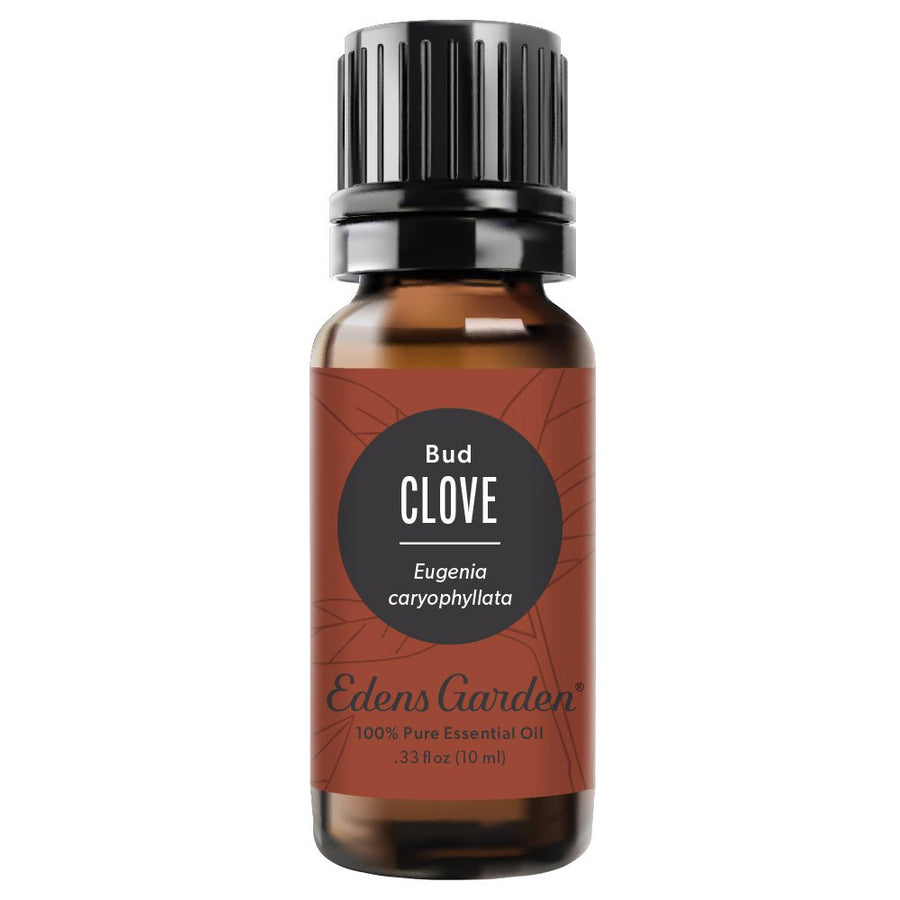Can I Use Essential Oils If I Have Asthma?

Essential oils can assist and support people in a myriad of ways. For starters, they improve lives without breaking the bank or forcing people to compromise on questionable ingredients. Still, those with a respiratory condition like asthma may be skeptical, and understandably so.
Avoiding an asthma attack at all costs is ideal, which leads up to a question we get asked often: can I use essential oils if I have asthma?
The reality is that essential oils can trigger asthmatic symptoms, especially if used at too strong a concentration. However, there are some essential oils that may actually benefit people with the respiratory condition.
Are you curious about the best essential oils for asthma and how to use them safely? This is your guide.
Are Essential Oils Safe For An Asthma Patient?
Asthma is the inflammation of bronchial passages. The Mayo Clinic confirms that while the cause of asthma is unclear, there are many documented triggers which can provoke an asthma attack, including:
-
Allergic reaction
-
Irritants such as smoke and pollution
-
Stress
-
Fragrances
While essential oils have not been shown to be a cause of bronchial asthma, there are instances in which essential oils may have been an asthma trigger.
At the same time, essential oils and their naturally occurring constituents have demonstrated the ability to support a variety of factors related to asthma—from mitigating airway inflammation to aiding allergy symptoms.
So how can you safely use essential oils for asthma?
-
Those with bronchial asthma are advised to use oils rich in 1,8-cineole oils with caution, despite its breathing benefits. These include, but are not limited to, Eucalyptus, Saro, Rosemary, Ravintsara and Cajeput.
-
Avoid inhaling essential oil vapors directly. Instead, diffuse them in an ultrasonic diffuser according to the manufacturer’s instructions (or start with an even smaller concentration).
-
Use a 1% dilution when using essential oils topically.
-
Seek medical counsel from a doctor and aromatherapist prior to aromatherapy use.
The bottom line is that if you have asthma, you should use essential oils with caution.
Start with low dilutions and inhale essential oils in small quantities and short intervals. If you find something doesn’t work for you or triggers your asthma, discontinue use immediately and move onto the next thing (slowly and with caution).
Next, let’s take a look at some of the essential oils that may actually help.
Eucalyptus globulus
Refreshing and camphor-like, the unique aroma of Eucalyptus may seem medicinal, since it’s commonly used for cold relief. There is a good reason why Eucalyptus essential oil is so often used for chest colds:
-
Eucalyptus is rich in 1,8 cineole, a compound that has been shown to help clear sinus congestion and inflammation in the lungs and airways.
-
In 2013, researchers conducted a clinical study on the use of 1,8-cineole for asthma relief. They found that taking an oral supplement with this compound could reduce test subjects’ dependency on steroid inhalers.
-
In fact, 1,8-cineole is already used as a licensed medical product in Germany (taken orally).
We do not recommend essential oils for internal use. However, diffusing Eucalyptus essential oil can have benefits, too. Of our several Eucalyptus oils, Eucalyptus globulus has the highest concentration of 1,8-cineole.
To ensure safety, start with a very low concentration of Eucalyptus oil.
Rosemary
Like Eucalyptus, Rosemary is rich in 1,8-cineole. If you are interested in experiencing this compound and you prefer Rosemary’s more herbaceous aroma, this essential oil is at the ready.
Rosemary is known for its ability to help:
-
Soothe sore throats
-
Defeat headaches
-
Improve focus and energy
-
Combat inflammation
It’s perhaps no surprise then, that this essential oil may also help some people get relief from their asthmatic symptoms.
In 2018, researchers tested the effects of Rosemary and Sycamore extract on patients with asthma. Test subjects received therapy over a one month period (taking the extract orally). At the end of the month, those who received Rosemary had improved symptoms compared to the control group (while those who received Sycamore did not).
Lavender
If you’re looking to avoid 1,8-cineole altogether, Lavender can be another helpful essential oil for asthma.
Calming and soothing, Lavender essential oil may be especially effective if stress plays a central role in your asthma attacks.
Frankincense
Studies suggest that Frankincense is a highly anti-inflammatory essential oil that may be able to reduce respiratory inflammation, including inflammation associated with asthma.
Derived from tree resin, Frankincense oil has a markedly different chemical makeup than Eucalyptus oil or Lavender oil, so it may be well-tolerated if other essential oils are not.
Clove
Clove isn’t just a cooking spice. It is abundant in a compound called eugenol that may have anti-asthmatic properties. Clove essential oil is an:
-
Antioxidant – Smoke, ozone and other pollutants cause cellular damage by stripping stable molecules of their oxygen particles in a process called oxidation. Clove also helps prevent oxidative stress.
-
Anti-inflammatory – Studies demonstrate that Clove’s antioxidant activity can also reduce inflammation on some organs, particularly the lungs.
Because of these properties, scientists are currently studying Clove essential oil as potential aromatherapy for asthma.
Best Essential Oil Recipe For Asthma
Get to know your essential oil of choice by using it at a low concentration and always after consulting with your doctor. If an essential oil exacerbates your asthma, cease use.
Once you’ve found an essential oil that does not irritate your asthma symptoms, there are several ways you can enjoy it.
-
Diffusion – Place the essential oil in a essential oil diffuser, diluted with water. Consider adding less than recommended and using for just 5-10 minutes at first.
-
Pocket inhaler – If you know that a particular essential oil helps you breathe better, add a few drops to your pocket inhaler to take with you on-the-go.
-
Topical use – During allergy season or other difficult times, you can apply an essential oil topically and keep its aroma near you throughout the day or night. Remember to use a diluted essential oil. We have pre-diluted roll-on essential oils for your convenience.
Synthetic scents, pesticides and herbicides are all potential irritants. To avoid these harmful substances, you need an essential oil company you can trust when adding aromatherapy to your life.
At Edens Garden, we value honesty and accountability. That’s why we source the highest quality essential oils from plants in their native ranges and third-party test each product to ensure it arrives at your door unadulterated by additives of any kind.
Sources:
- “Asthma.” The Mayo Clinic. https://www.mayoclinic.org/diseases-conditions/asthma/symptoms-causes/syc-20369653
- “Injury Reports.” Aromatherapy United. http://aromatherapyunited.org/wp-content/uploads/2017/05/Injury-Reports-Raw-Data-Thru-2016-2.pdf
- Juergens, U.R. “Anti-inflammatory properties of the monoterpene 1.8-cineole: current evidence for co-medication in inflammatory airway diseases.” Drug Res (Stuttg) 64.12 (2014): 638-646. https://pubmed.ncbi.nlm.nih.gov/24831245/
- Juergens, U.R. et al. “Anti-inflammatory activity of1.8-cineol (eucalyptol)in bronchial asthma: a double-blindplacebo-controlled trial.” Respiratory Medicine 97 (2003): 250-256. https://www.resmedjournal.com/article/S0954-6111(03)91432-6/pdf
- Lee, Hye-Youn et a. “The Effect of Nebulized Frankincense Essential Oil in an OVA-Induced Allergic Asthma Mouse Model.” Microbiology and Biotechnology Letters 38.1 (2010): 93-104. https://www.koreascience.or.kr/article/JAKO201020439058691.page
Grab The Essentials Here:
Leave a comment (Comments will be approved before showing up)
2 comments
Natasha Rivera
I recently tested positive for COVID & now have asthma-like symptoms. I have been using Eden’s Garden respiratory care essential oil blends which have been amazing. But I did question if I was using too much in my diffusers & humidifiers. I found I responded better when I used less drops in my dilutions. And reading this article solidified my theory. Thank You! This was knowledge that is very much appreciated!







renae nelson lakeview massage therapy alaska
March 28, 2022 at 7:02 am
thank you for this timely information. i love edens garden oil and the care and expertise you share with us. very much appreciated.